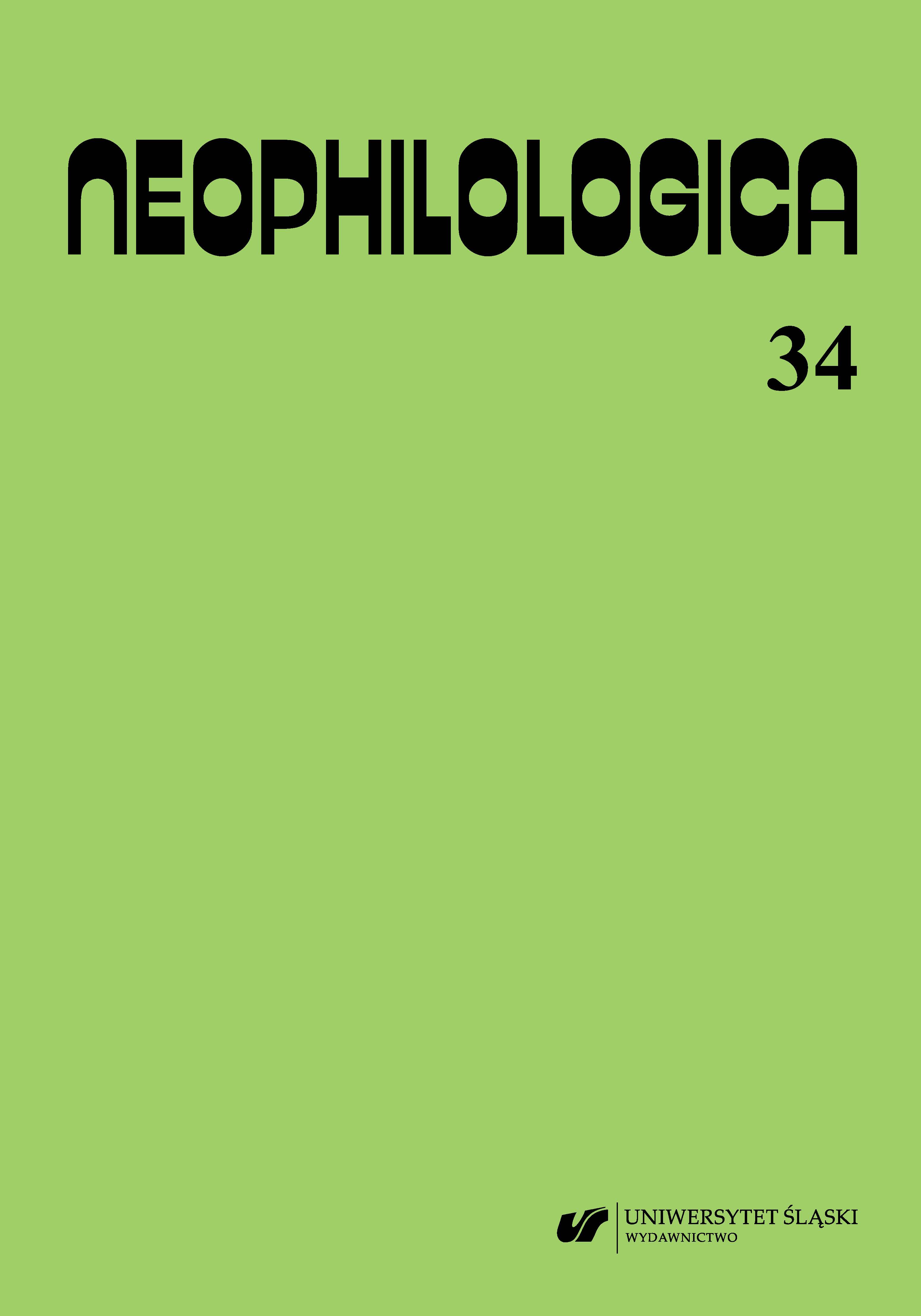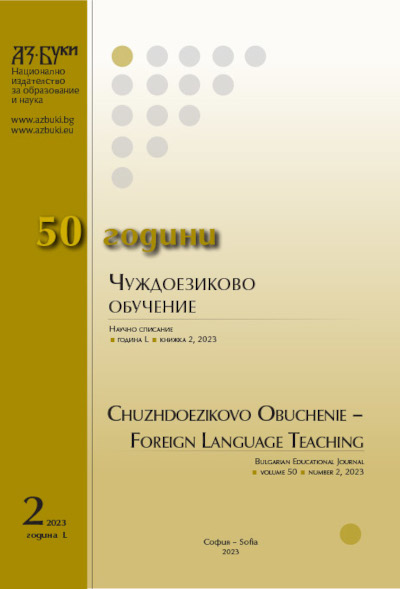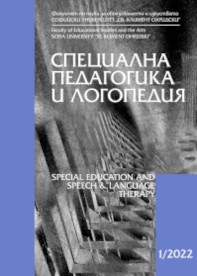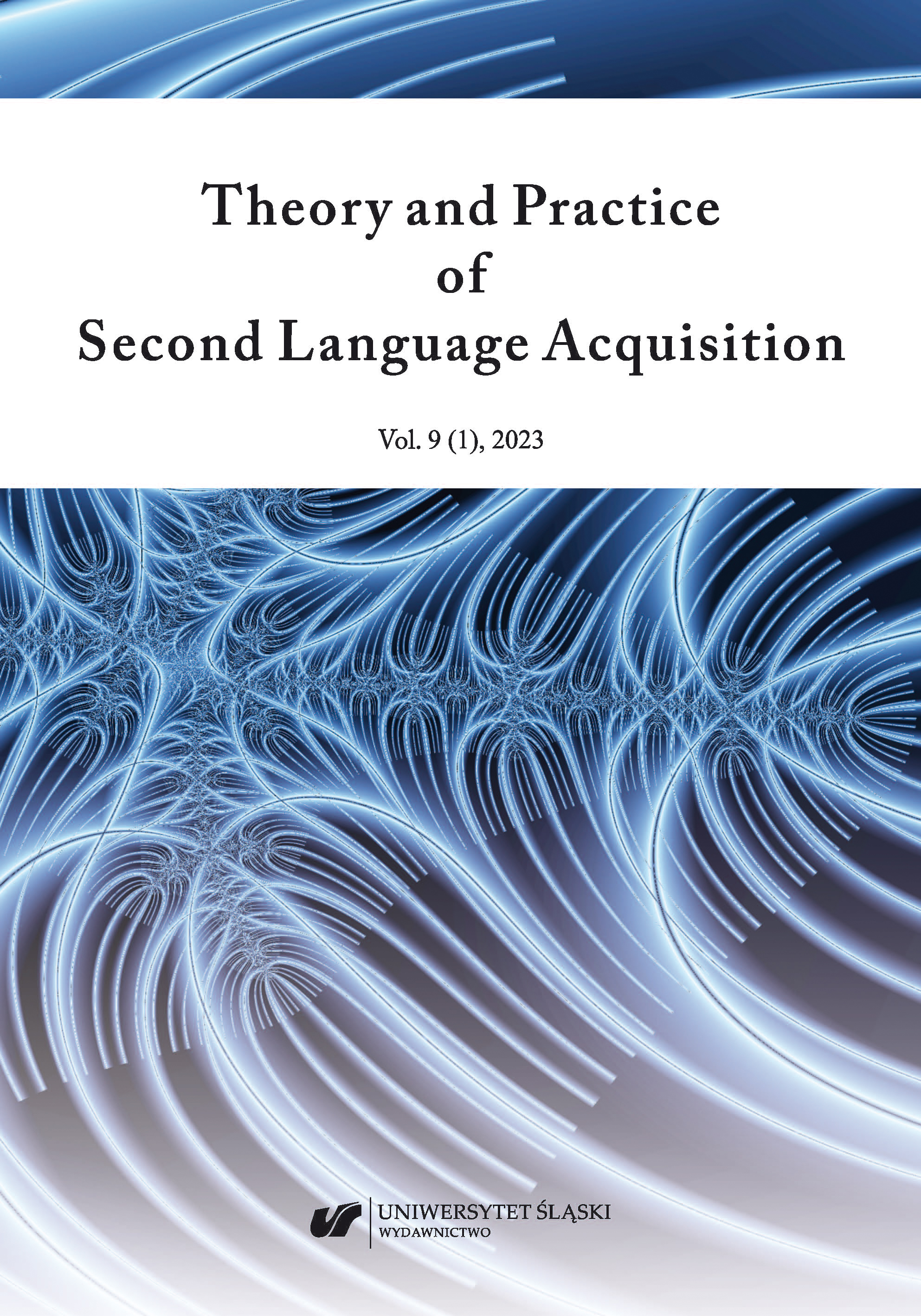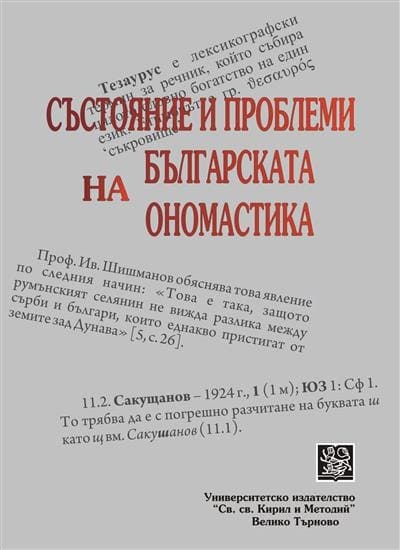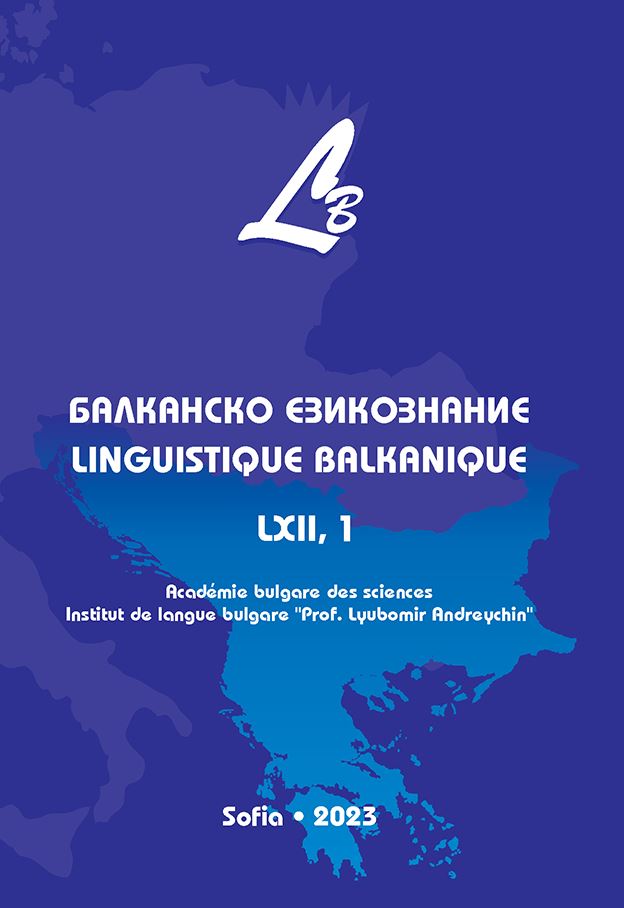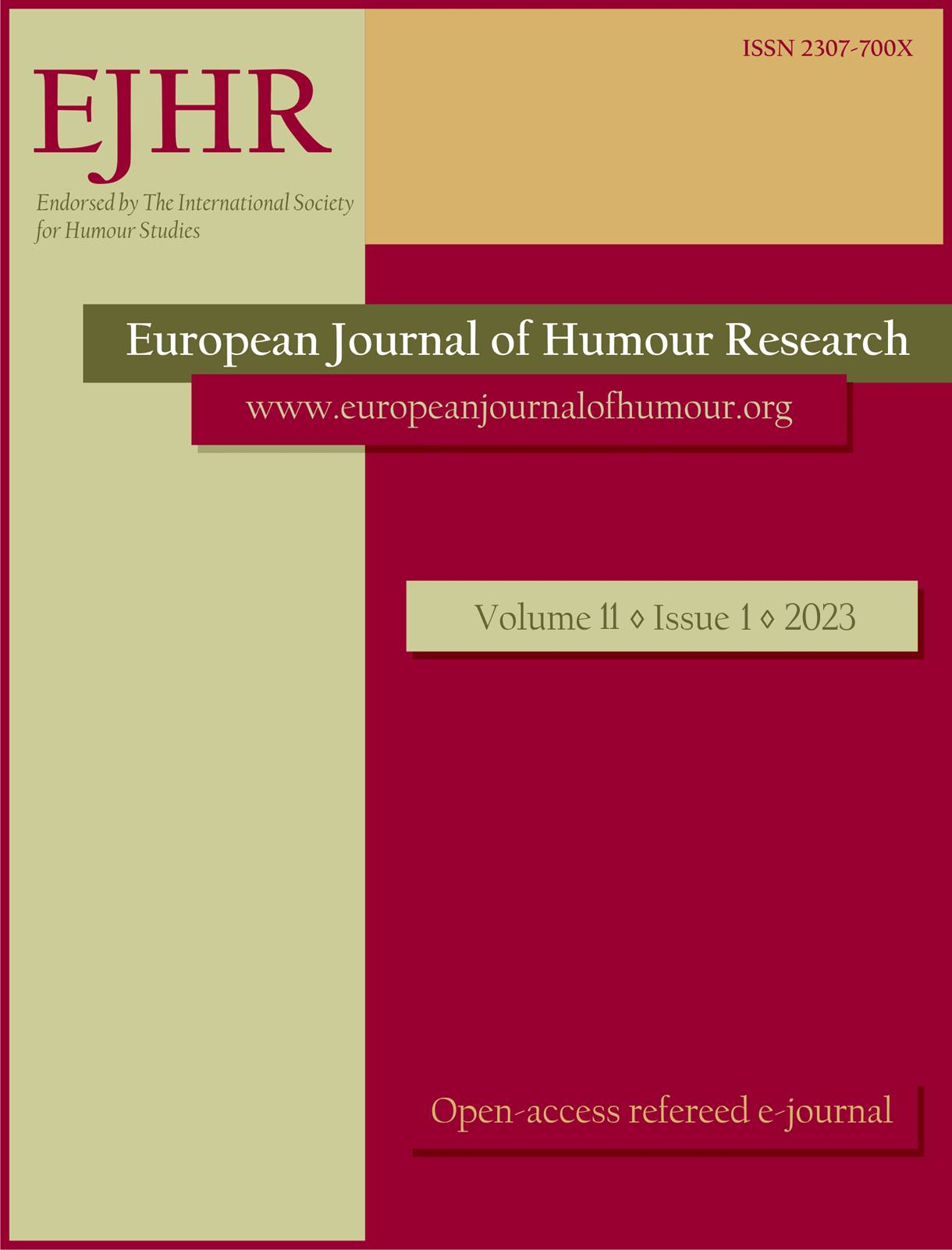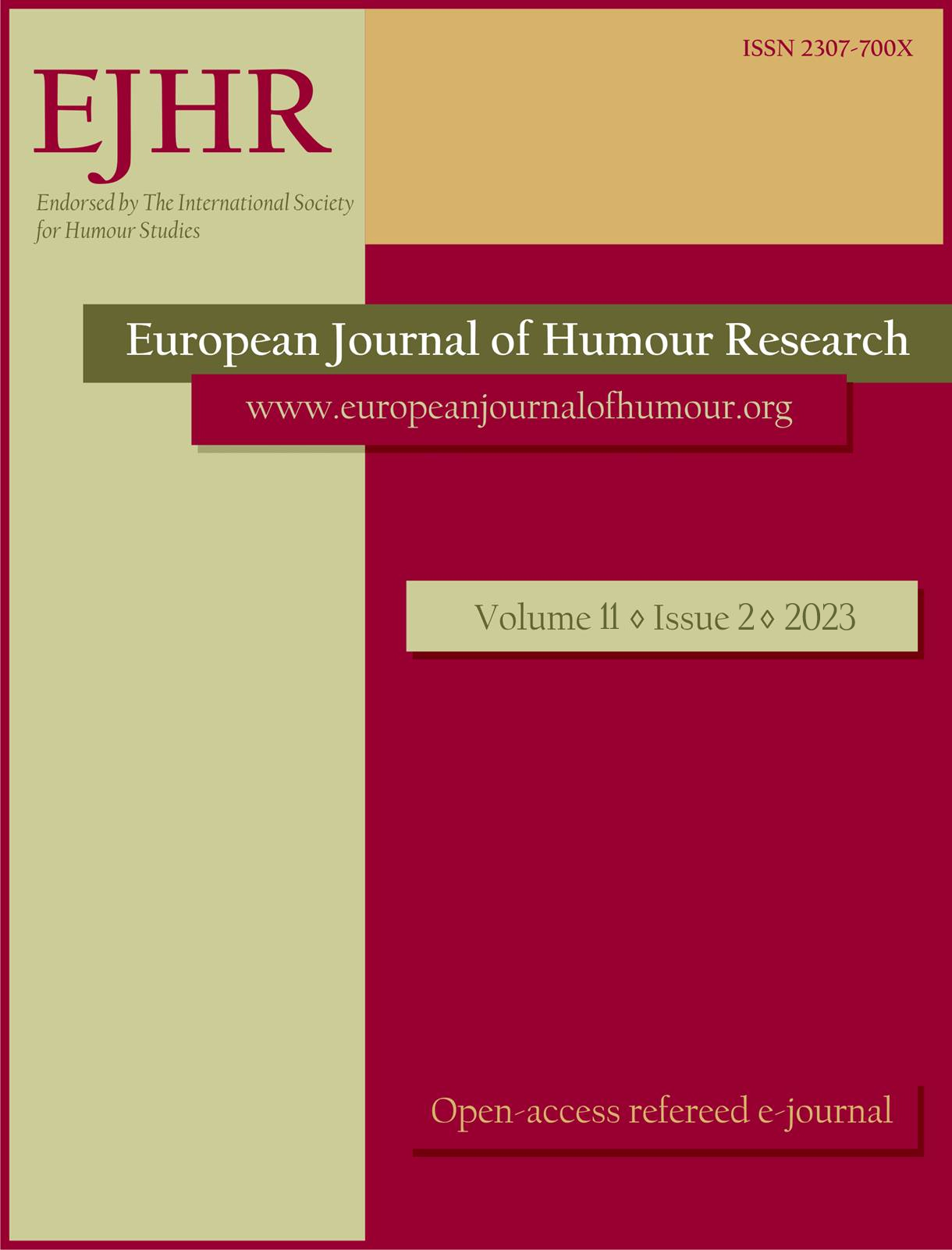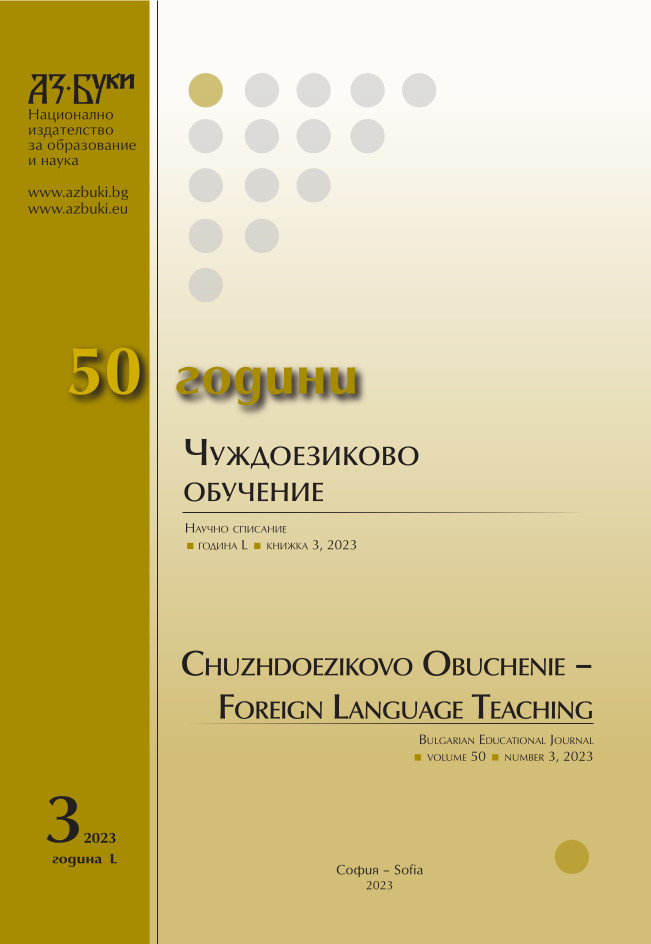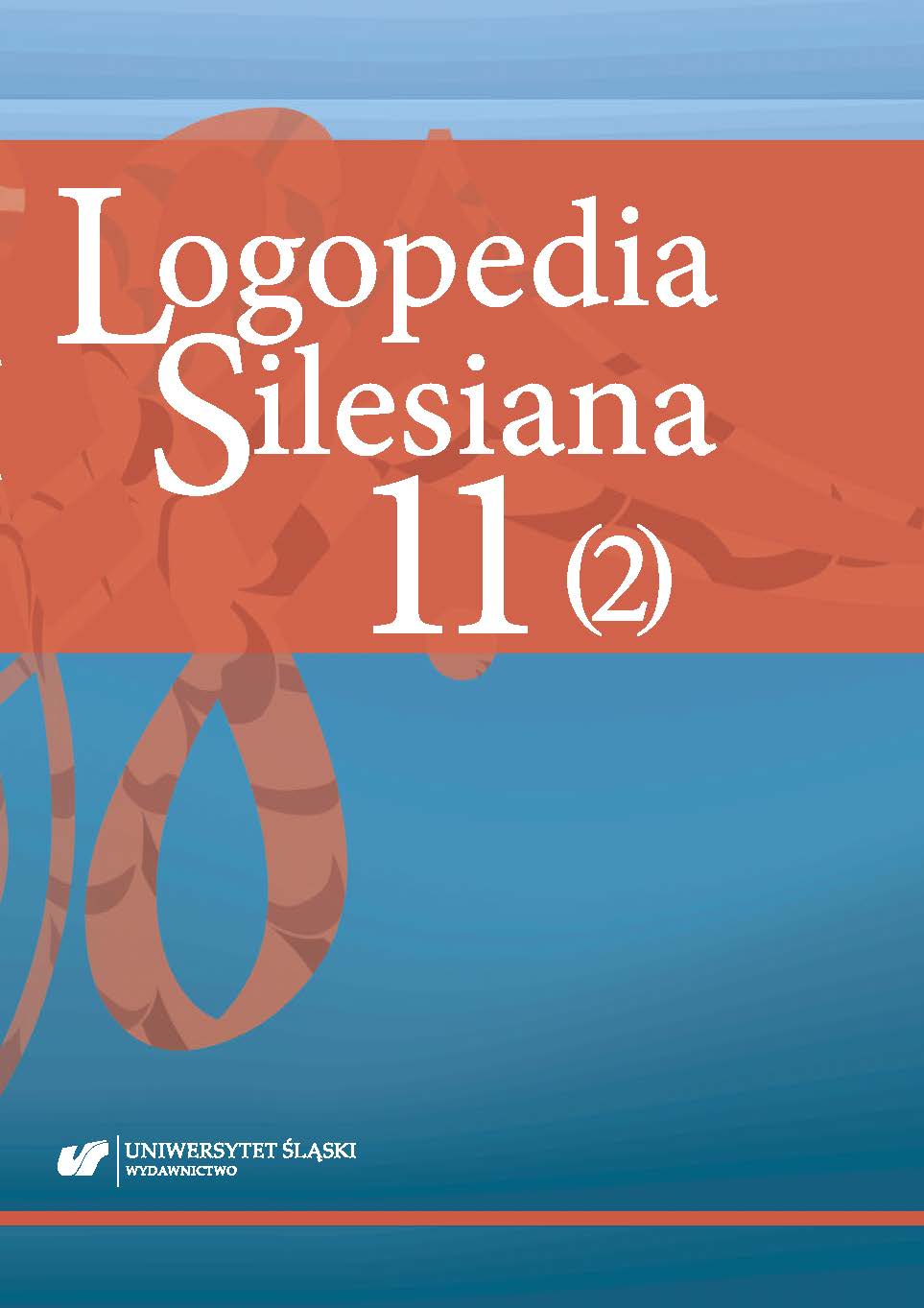
Vocabulary in autism spectrum disorders. Part 3: Qualitative description – the category of relations / Słownictwo w zaburzeniach należących do spektrum autyzmu. Część 3: Charakterystyka jakościowa – kategoria relacji
The article is the third part of a study concerned with vocabulary in autism spectrum disorders. The subject of interest in this article is the category of relations and its lexical exponents. The author presents various types of linguistically expressed relations. She discusses how they are represented in the language of people with autism spectrum disorders and devotes a separate fragment to parts of speech. The acquisition of relational concepts and their lexical exponents is a significant development challenge; especially difficult for people with autism. In the category of relations the differences between the vocabularies of typically developing people and people with autistic disorders are the most pronounced. Other conclusions from the analysis carried out are in line with those in the second part of the study concerning the category of things and events.
More...
